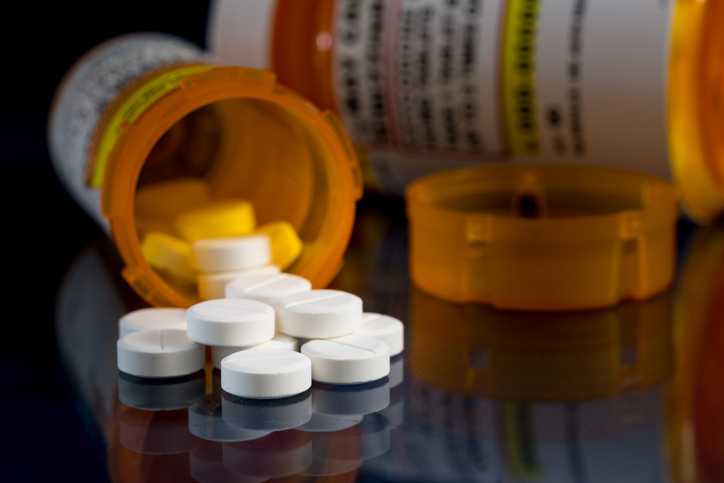Companies in pharmaceutical source chain develop program to track counterfeit drugs
03 March, 2020

A number of the industry's largest pharmaceutical corporations, including Pfizer Inc and Eli Lilly and Co, are suffering from a blockchain-based program to track prescription medications over the supply chain to raised halt the movement of counterfeit medicines, firm officials say.
Some two dozen corporations in the market including drugmakers, distributors, retailers and delivery organizations created the blockchain-based MediLedger Network, which it has been testing in the verification of drug returns. They explained they plan to further expand the system this year.
Blockchain, which primary emerged as the technology underlying virtual currency bitcoin, is a shared database maintained by a good network of computers.
The MediLedger group submitted a written report to the U.S. Meals and Drug Administration installation of the benefits associated with blockchain because of this specific concern, Susanne Somerville, chief executive officer at technology business Chronicled, told Reuters.
Chronicled is MediLedger's custodian, featuring administration of the network.
"Even though the drug source in america is safe, there are little percentages ... of potential counterfeit drugs. Certainly, there's lots of evidence of diverted drugs," Somerville told Reuters.
She said counterfeit prescription drugs are a large problem in under-developed countries, where it's estimated that half of their drugs are counterfeit. "That is a method intended that this hardly ever happens in this region."
Among the 24 participating companies are Amgen Inc, FedEx Corp, GlaxoSmithKline Plc, Novartis, AmerisourceBergen Corp, Sanofi, Walgreens Boots Alliance Inc and Walmart Inc.
Medicines determined as counterfeit could be contaminated, contain the wrong ingredient, or perhaps have no active ingredient at all. There were instances previously of counterfeit cancer medications flooding the marketplace, for example.
The World Health Group estimates that counterfeit medicines worth 73 billion euros ($79.26 billion) are traded annually.
"The current point-to-point devices infrastructure lacks the opportunity to keep info in sync over the healthcare source chain, which finally increases the threat of counterfeit, diverted or otherwise illegitimate goods," David Vershure, brain of channel and deal operations for Roche's Genentech product, said in a affirmation.
The core function of the MediLedger Network is to validate the authenticity of medication identifiers through the entire supply chain, the MediLedger report said. This may all be done with no proprietary data staying shared openly on the blockchain or ever before leaving a company's control.
The MediLedger project was made in response to the FDA's call early this past year for pilot projects testing an electronic inter-operable system as outlined in the Drug Supply Chain Security Act (DSCSA).
Source:
